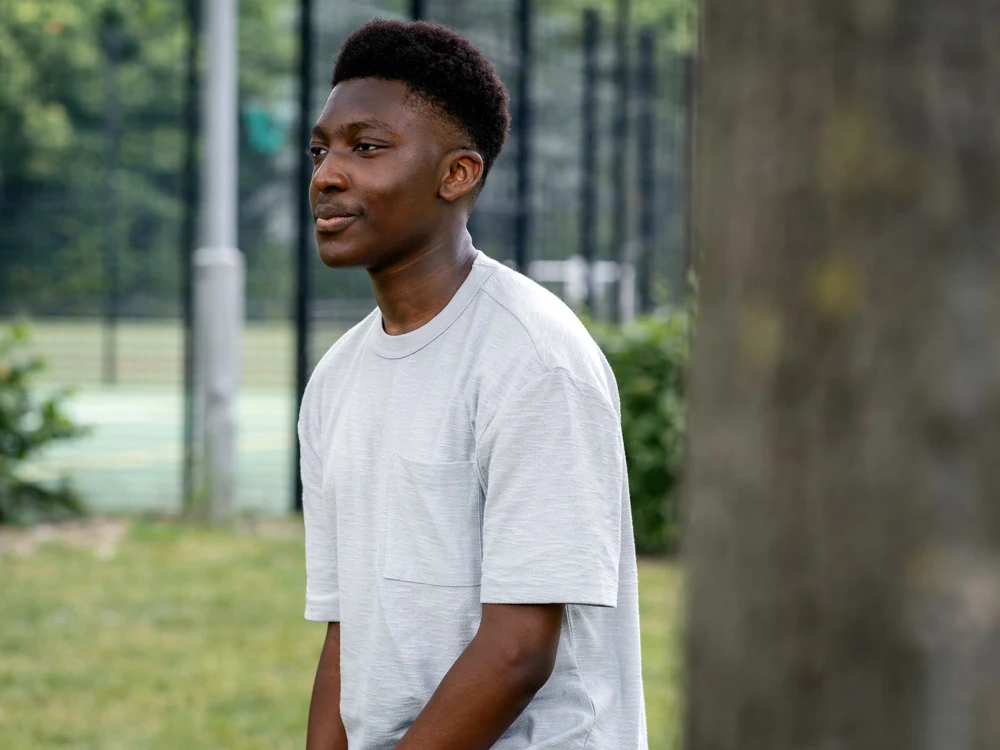Times of change and transition can be tough. Many young people we support experience periods of anxiety and stress as they prepare to move from primary to secondary school, from school to college and from college to university or work.
Recent research shows the year six to seven transition can be particularly difficult, with one in four students feeling a sharp and lasting decline in enjoyment, trust and ‘feeling safe’ as they move to secondary school.
The research also found lower engagement was linked to absenteeism - or EBSA, emotionally based school absence - which is often rooted in anxiety and has increased significantly since the pandemic.
Dr Hannah Wilson, Kooth's head of clinical governance and clinical psychology lead commented: “There can be periods in a young person’s life when they’re feeling the effects of tangible life changes, like changing schools, going to college or perhaps changing friendship groups. This often happens at the same time as internal changes they’re also managing, in terms of brain development and changing hormones.”






